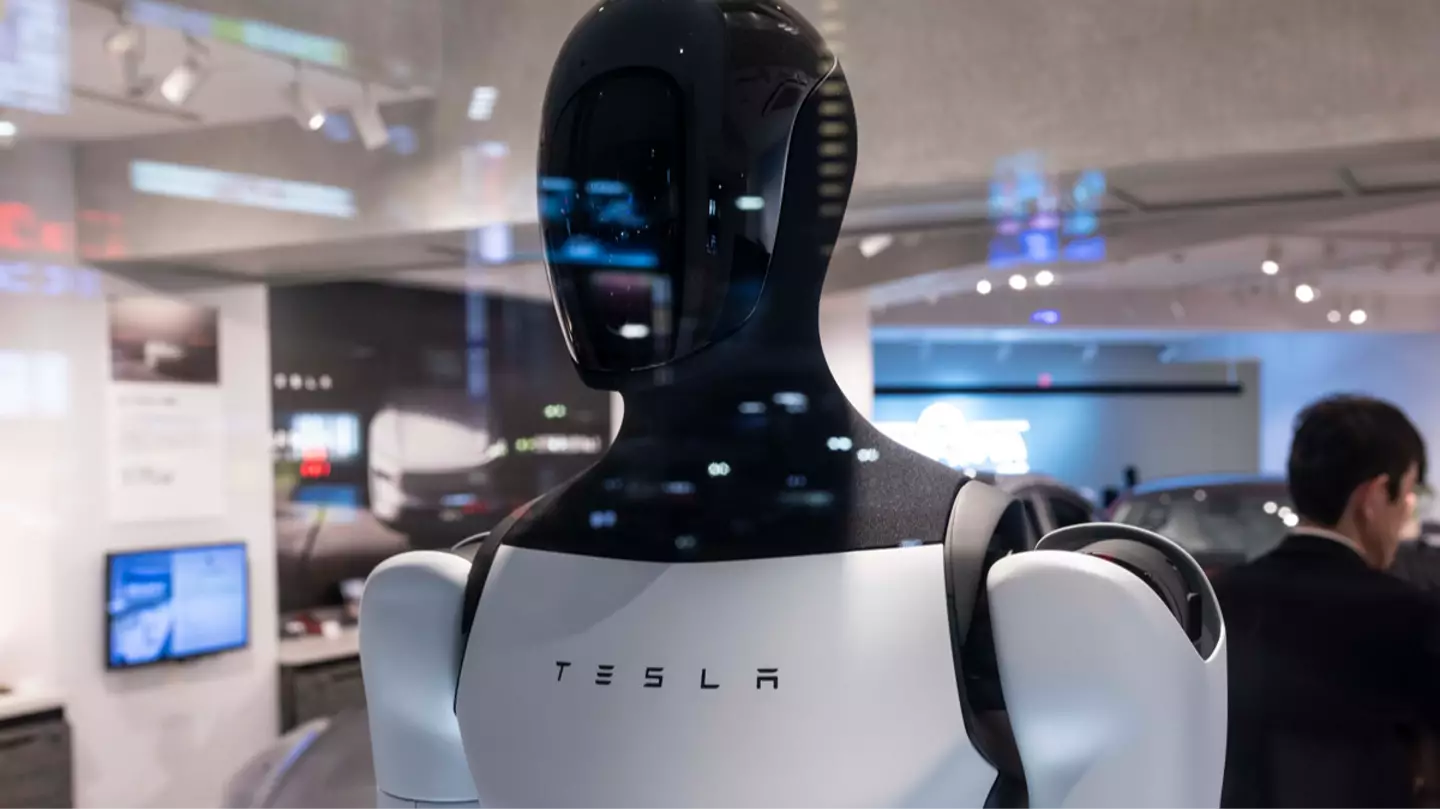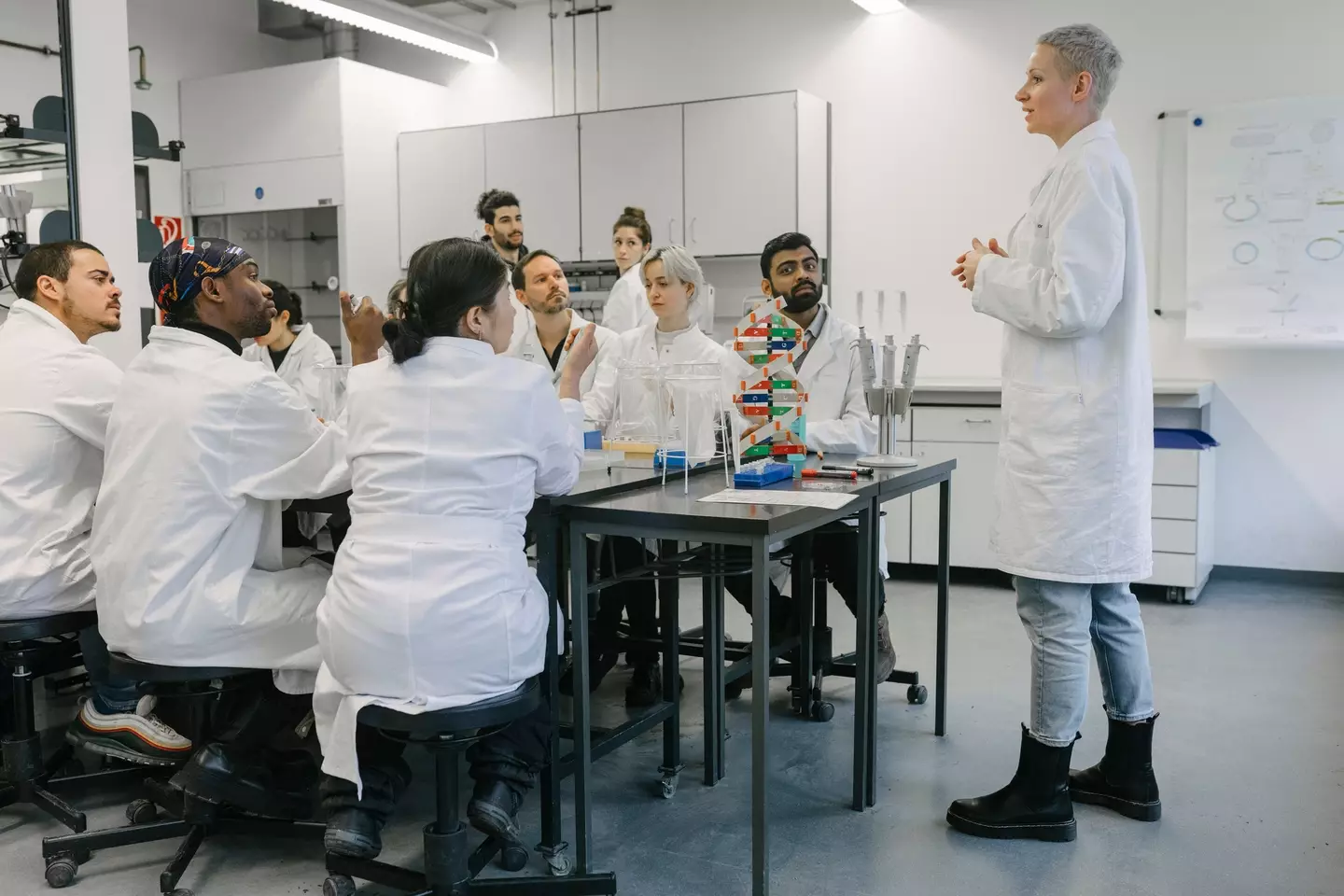
You’ve already heard the rumors that artificial intelligence (AI) is developing so rapidly that it could replace you in your job - so here are the occupations most likely to be affected, according to researchers.
As AI develops, the cleverer it becomes. And the more it learns, the more likely it is to challenge your job role.
While it’s all well and good to say technology ‘is coming for your job’, experts at Microsoft have put the phrase to the test by analyzing 200,000 anonymized conversations between users and Microsoft Copilot over nine months in 2024, as per Newsweek.
Conversations were collected before being mapped to Intermediate Work Activities (IWAs) from the US Department of Labor's O*NET database.
Advert
Once logged, experts created a so-called ‘AI applicability score’ by combining mapped tasks with indicators like: task completion rate, how many people used AI to do the task, and coverage of user feedback.

And the results are in; there are a whopping 40 careers that could be on the chopping block in the years to come.
“Our study explores how AI may shape occupations by examining real-world usage," Kiran Tomlinson, senior researcher at Microsoft and the paper's lead author, told the outlet.
"It introduces an AI applicability score that measures the overlap between AI capabilities and job tasks, highlighting where AI might change how work is done—not necessarily.”
The most likely jobs to be replaced by AI are interpreters, translators, and historians. Below, we've outlined the remaining ones:
Jobs that scored between 34 to 37 percent on AI applicability test
Coming in at the bottom of the list with a 34 percent AI applicability test is postsecondary library science teachers.
These educators are tasked with instructing college and university-level students on topics like collection development and archival methods, while also conducting research and publishing in journals and papers.
A slew of jobs have been awarded a 35 percent ranking on the Microsoft leader board.
These are: switchboard operators, public safety telecommunicators and Market Research and management Analysts, as well as models, geographers, and web developers.
Postsecondary economics teachers also make the list with activists and personal finance advisors.
.jpg)
The 29th most likely career to be replaced by robots is data scientists.
This job has been awarded an overall score of 36 percent by Microsoft, with counter, rental, and new account clerks.
They are also joined by statistical assistants, advertising sales agents, demonstrators, and product promoters and PR specialists.
Landing above them with 37 percent on the AI applicability test are: postsecondary business teachers, editors, and hostesses.
Jobs that scored 38 to 41 percent on AI applicability test

Inside the top 20 are proofreaders and copy markers, who scored 38 percent on the innovative test.
Technical writers also scored the same, with mathematicians, journalists and political scientists all ranking higher (39 percent).
Concierges and telemarketers (40 percent) are also likely to be replaced by AI, according to the official test results.
Meanwhile, farm and home management educators, brokerage clerks, broadcast announcers, and radio DJs and ticket agents and travel clerks all have relatively high AI applicability (41 percent).
Jobs that scored 42 to 49 on AI applicability test
The top eight occupations that will be most affected by generative AI in the future are as follows:

- Telephone operators (42 percent)
- CNC tool programmers and Customer service representatives (44 percent)
- Writers and authors (45 percent)
- Sales representatives of services (46 percent)
- Passenger attendants (47 percent)
- Historians (48 percent)
- Interpreters and translators (49 percent)
Speaking about the core results, Tomlinson explained: “Our research shows that AI supports many tasks, particularly those involving research, writing, and communication, but does not indicate it can fully perform any single occupation.
"As AI adoption accelerates, it's important that we continue to study and better understand its societal and economic impact."
Topics: Artificial Intelligence, Business, History, Jobs, Microsoft, Technology
